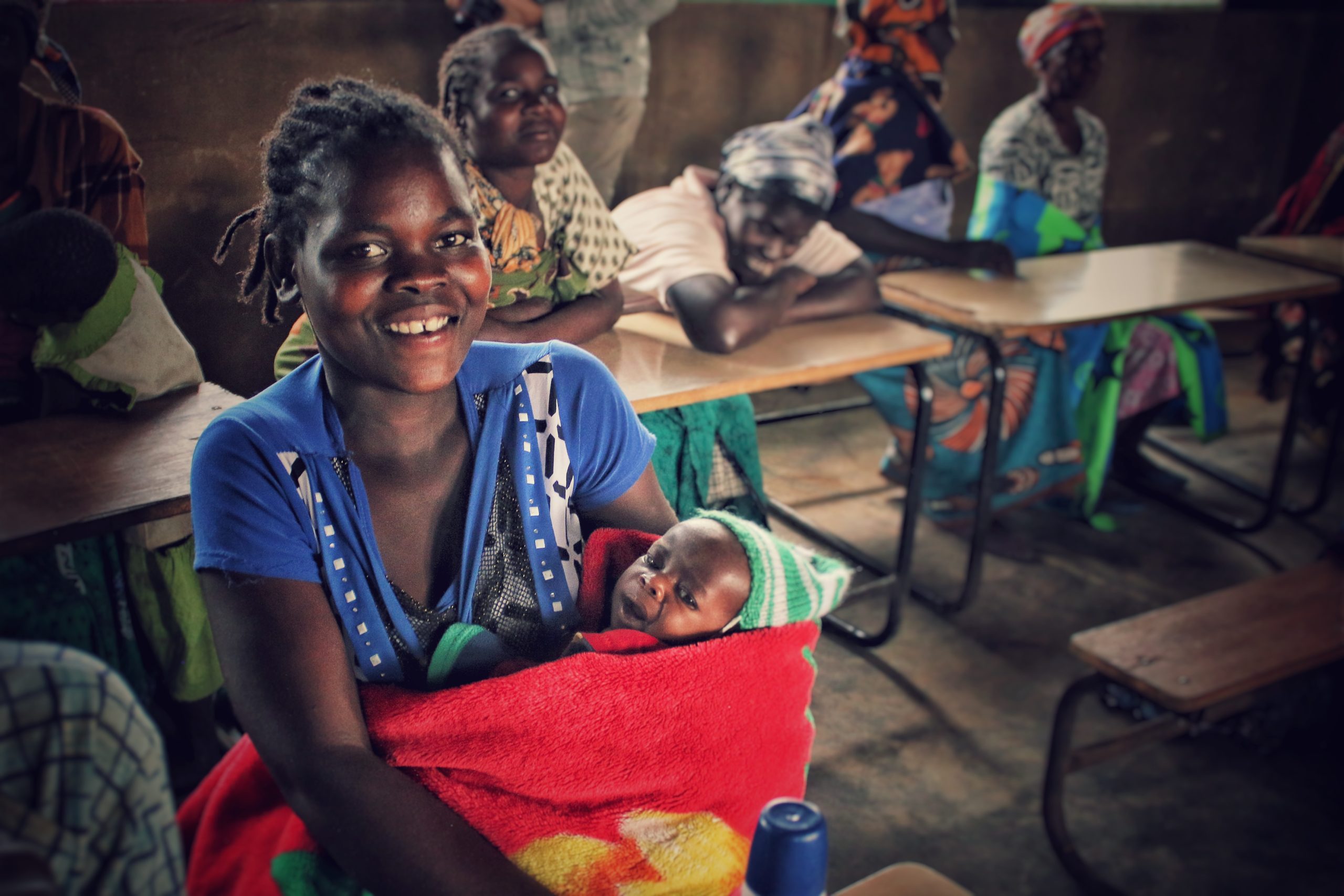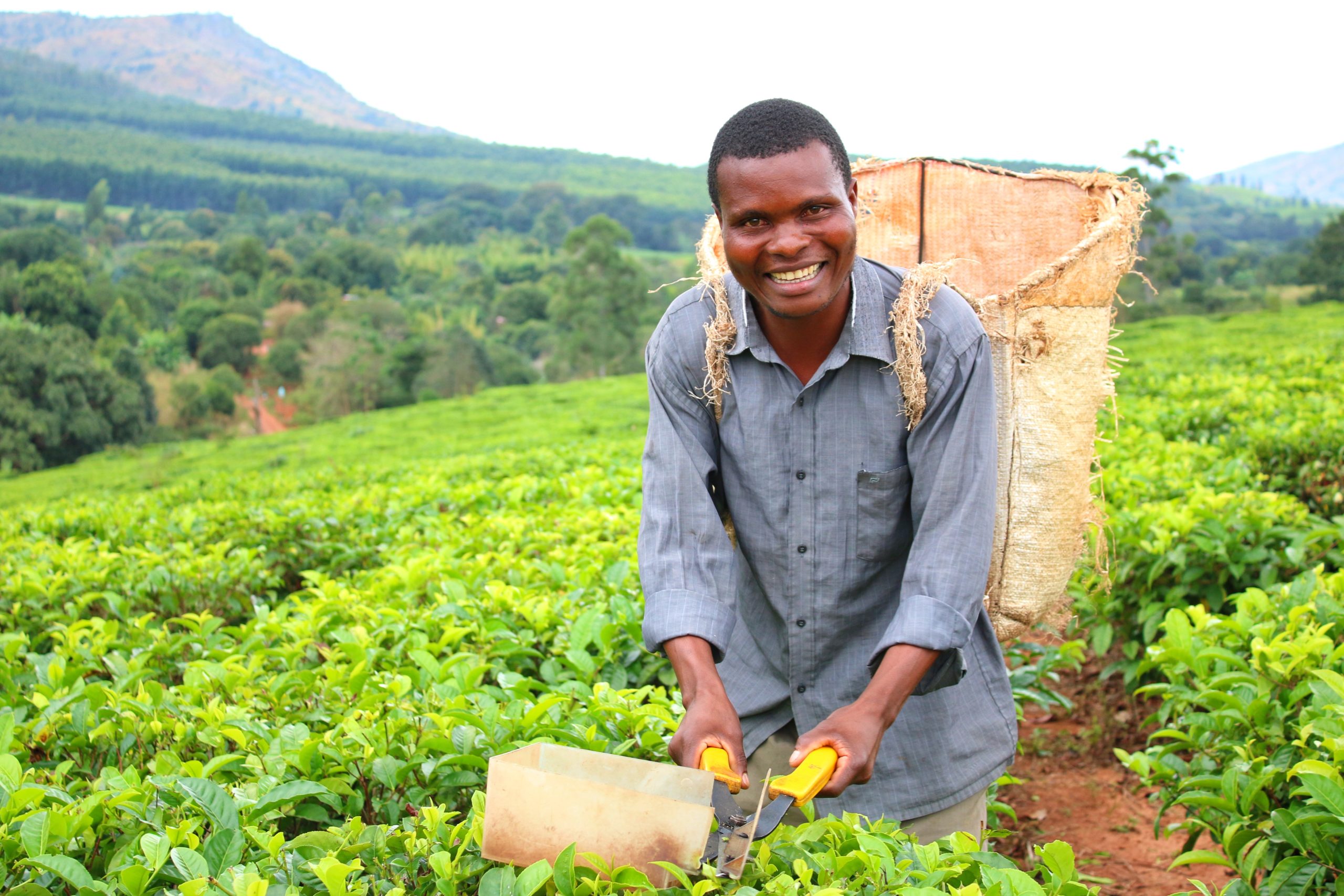One Community’s strategic approach focuses on building strong HIV-competent communities, families and individuals by increasing the use of HIV prevention, testing, care and support services and increasing positive behaviors that reduce the impact of HIV on communities. The project is also working to strengthen the ability of Malawian partners to lead and implement this work. Knowing your HIV status is a key to both obtaining treatment and controlling the spread of the virus.
To date, more than 82,000 Malawians are enrolled in the One Community case management program. In the seven districts where One Community works, more than 2,000 volunteers, called Community Resource People, have been trained to conduct home-based case management. These volunteers visit the homes of the most vulnerable in the community and provide services such as HIV testing and counseling, linkage to antiretroviral therapy (ART) for those who test positive, linkage to health clinics and referrals for such things as nutritional supplements and economic support activities. Additionally, they lead groups in the community such as village savings and loans, HIV support groups, and behavior change sessions to help people recognize their own HIV risk.
“Before our work,” one community resource person told One Community, “very few people were getting tested, some because of long distances to health centers and for others, they simply did not see the importance of getting tested. Now people demand for HIV testing services.”
Since the project began, along with enrolling more than 82,000 Malawians in home based case management, One Community has:
- Tested more than 48,800 individuals, 2,203 who tested positive, giving a yield of 4.8 percent showing that those at risk are being reached.
- Reached more than 251,000 individuals with HIV behavior change sessions, which include information on risk avoidance, gender norms and gender-based violence, HIV prevention and living positively with HIV.
- Enrolled close to 3,000 individuals in village savings and loans groups, which are designed to help the mitigate economic vulnerability that often accompanies HIV diagnosis.



